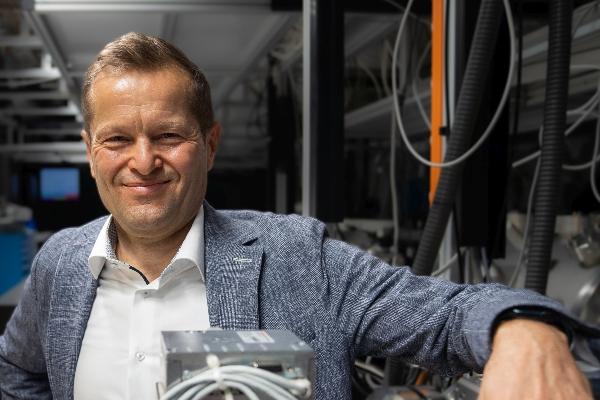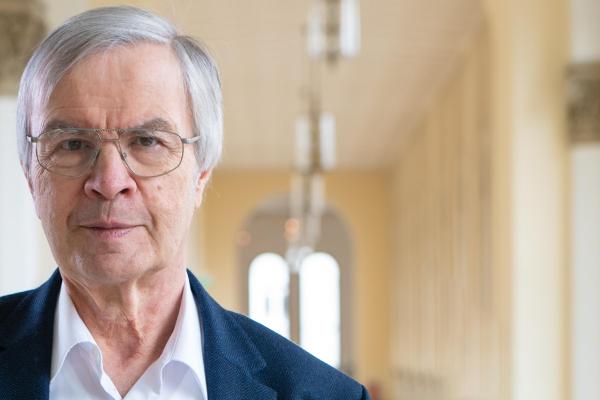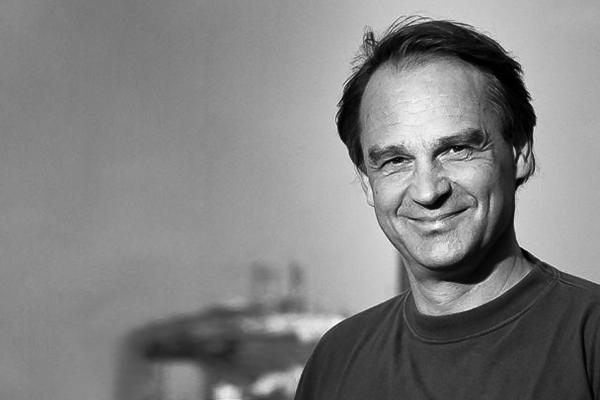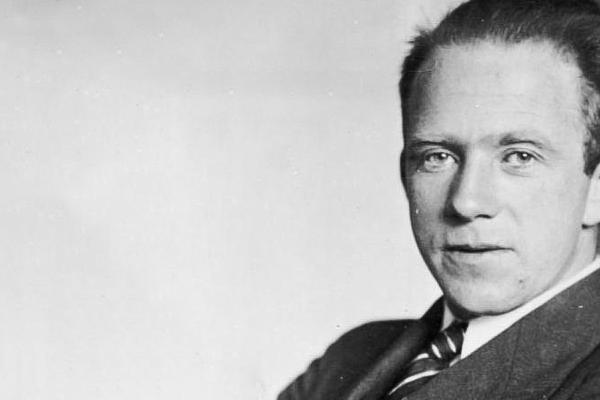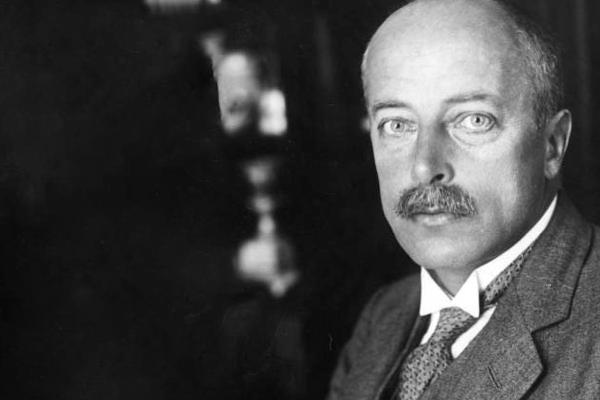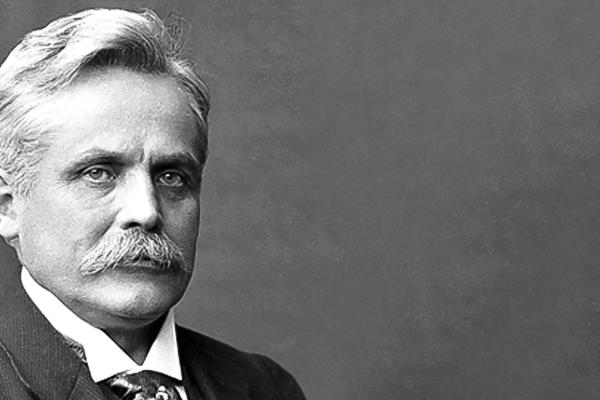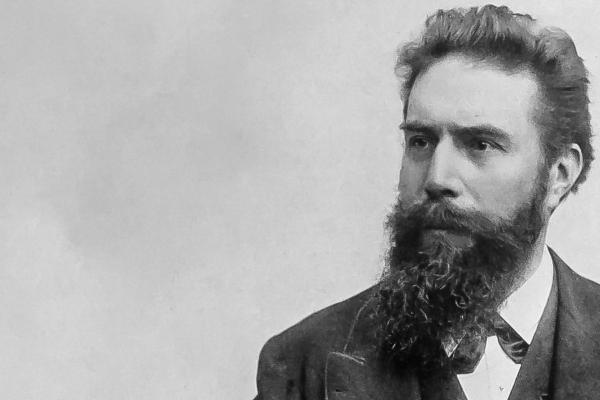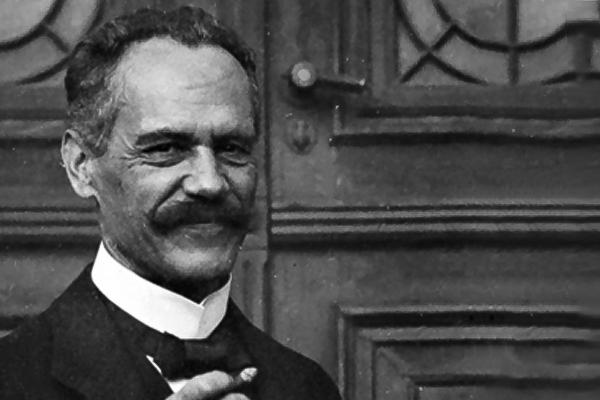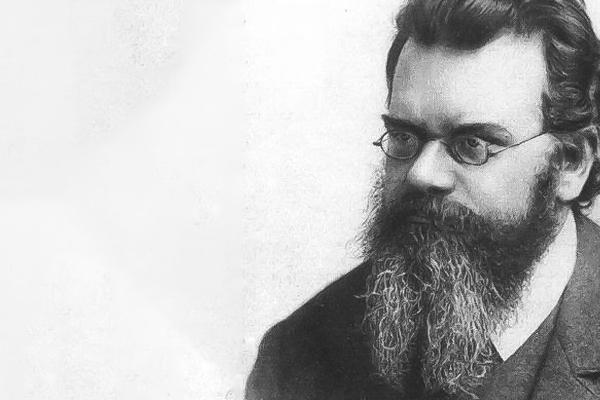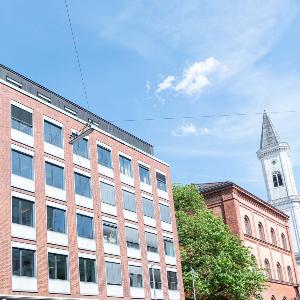
About us
The Faculty of Physics at LMU Munich
Great Names in Physics at LMU Munich
2023
Nobel Prize for Ferenc Krausz
Together with two other researchers, the Chair of Experimental Physics / Laser Physics at LMU has been awarded the Nobel Prize in Physics for his work on attosecond physics.
2005
Nobel Prize for Theodor Hänsch
The laser and quantum optics specialist at LMU, Theodor Hänsch receives the Nobel Prize in 2005 for the development of laser-based precision spectroscopy. He also helped develop the fundamentals for laser cooling that led to the Nobel Prize in 1997.
1986
Nobel Prize for Gerd Binnig
The chain of Munich Nobel Prize winners was continued in 1986 by Gerd Binnig, honorary professor at the LMU. He was awarded the Nobel Prize for his tunneling microscope. Today he works in the IBM research laboratory in Zurich.
1932
Nobel Prize for Werner Heisenberg
1914
Nobel Prize for Max von Laue
1911
Nobel Prize for Wilhelm Wien
Röntgen's successor was Wilhelm Wien (Nobel Prize 1911), whose name lives on in the "Wien displacement law". The later Munich professor Walter Gerlach was instrumental in the discovery of the directional quantization of angular momentum (Stern-Gerlach experiment).
1901
Nobel Prize for Wilhelm C. Röntgen
In 1900, Wilhelm C. Röntgen took over the chair of experimental physics and received the first Nobel Prize in physics the following year.
1900
Arnold Sommerfeld
Arnold Sommerfeld His successor, Arnold Sommerfeld, also ranks notably in the top league of research and teaching (extension of Bohr's atomic model). The "Sommerfeld School" was to shape the physics of the first half of this century.
1890
Ludwig Boltzmann
Theoretical physics has distinguished scientists to offer as well: Ludwig Boltzmann, a professor in Munich at the end of the 19th century, laid the essential foundations for statistical thermodynamics as a pioneer of atomistics (reformulation of entropy, Boltzmann constant, Stefan-Boltzmann law).
Physics at LMU Munich
Physics is the foundation of all the sciences, including medicine. It explores the laws of the physical world, in all their complexity and diversity, from the unimaginably tiny scale of elementary particles to the immense scale of the universe, in order to quantify them through experimentation, base them in theory and derive possible applications.
The concrete subjects that physics deals with experimentally and theoretically change over time because it is only after researchers have established the experimental and theoretical fundamentals that they can tackle specific problems in a satisfactory way. This dynamic aspect guarantees that physics remains a constantly evolving science capable of unlocking ever more complex natural processes with the latest methods. The constant revision of experimental and theoretical methods in physics means that more and more areas of the natural world are made accessible to scientific exploration – areas beyond the limits of traditional physics. To an ever greater degree, we are able to explain fundamental physical mechanisms that adjacent sciences such as chemistry, biology and medicine have only been able to describe phenomenologically.
Thus, in a unique way physics plays a central role as a bridge between the sciences. For this reason the Faculty of Physics at LMU Munich has very deliberately made it its aim to explore the physical foundations of the processes of science. With this orientation, physics at LMU Munich takes a complementary position among other institutions that foreground the applications side or technical usability.
Our fields of research
The Faculty of Physics focuses its research around the following core fields:
Physics Education
Studying physics also means encountering many technologies now that will not come into general use for many years. In this way, physics education is essential for equipping young people not only to find their way in today's information and knowledge society but also to actively shape its development for years to come. Information technology is evolving at a breathtaking pace, putting highly qualified workers in strong demand. Familiar as they are with all its fundamentals, physicists enjoy excellent career opportunities; however, as the private sector constantly bemoans, there are not enough young physicists in the pipeline. Helping to further careers and also groom more physicists is another educational aspect we offer: the subject- and instruction-based certification of physics teachers for all levels of schools.
Where we are - address
Postal address
Ludwig-Maximilians-Universität München
Fakultät für Physik
Geschwister-Scholl-Platz 1
D-80539 München
Address for visitors
Ludwig-Maximilians-Universität München
Fakultät für Physik
Schellingstraße 4
D-80799 München

